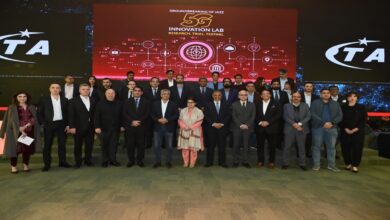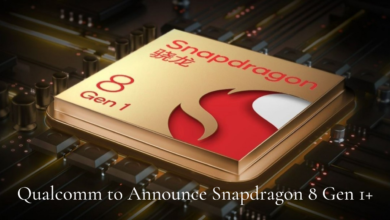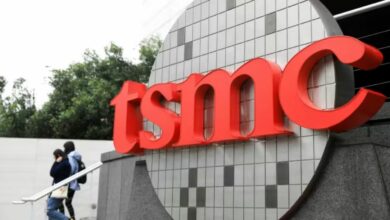Pakistan’s First Truly Indigenous Embedded Microprocessor Developed at NUST

The ‘NTiny-E,’ the country’s first totally indigenously designed embedded microprocessor, has passed full functional certification at the National University of Sciences and Technology (NUST).
Pakistan’s First Truly Indigenous Embedded Microprocessor
Dr. Rizwan Riaz, Pro-Rector (Research, Innovation, and Commercialization), National University of Science and Technology (NUST), announced this at a press conference on Monday alongside Principal SEECS, Dr. Ajmal Khan, and NTiny design and development team leader, Dr. Rehan Ahmed.
Dr. Rizwan Riaz, who spoke at the event, said that the embedded microprocessor chip was built by the NUST School of Electrical Engineering and Computer Science’s research team (SEECS).
Semiconductor chips, he explained, are at the heart of all electrical devices and consumer goods that we use on a daily basis. In 2021, global semiconductor sales will exceed $556 billion, yet Pakistan will miss out on this lucrative industry.
NUST has launched a quest to make Pakistan self-sufficient in this important technology, in keeping with its mission of performing applied research and innovation. The project’s distinctive feature is that it was designed entirely in-house, as opposed to the more frequent approach of employing open-source cores from other sources or overseas collaborations.
NTiny-E
As a result, the NTiny-E is a genuinely homegrown product, giving the design team complete control over all elements of the chip. Taiwan Semiconductor Manufacturing Company Ltd, the world’s largest and most successful commercial foundry, was chosen by NUST.
(TSMC) for chip production using the 65 nm process node, which is the industry standard. This illustrates the ability of researchers to create semiconductors that meet international industrial design and production standards. The occasion represents a watershed moment in Pakistan’s semiconductor landscape, putting the country another step closer to realizing Quaid’s ideal of self-sufficiency. According to Dr. Rizwan Riaz, the NUST team has not only designed the chip itself. But has also created a whole environment for chip testing and integration into end devices.
The PCB for chip testing and prototyping of end systems, as well as supporting software and development tools, were also developed in-house.
Also read: Pakistani Startup Dastgyr Raises Record $37 Million
PTA Taxes Portal
Find PTA Taxes on All Phones on a Single Page using the PhoneWorld PTA Taxes Portal
Explore NowFollow us on Google News!





